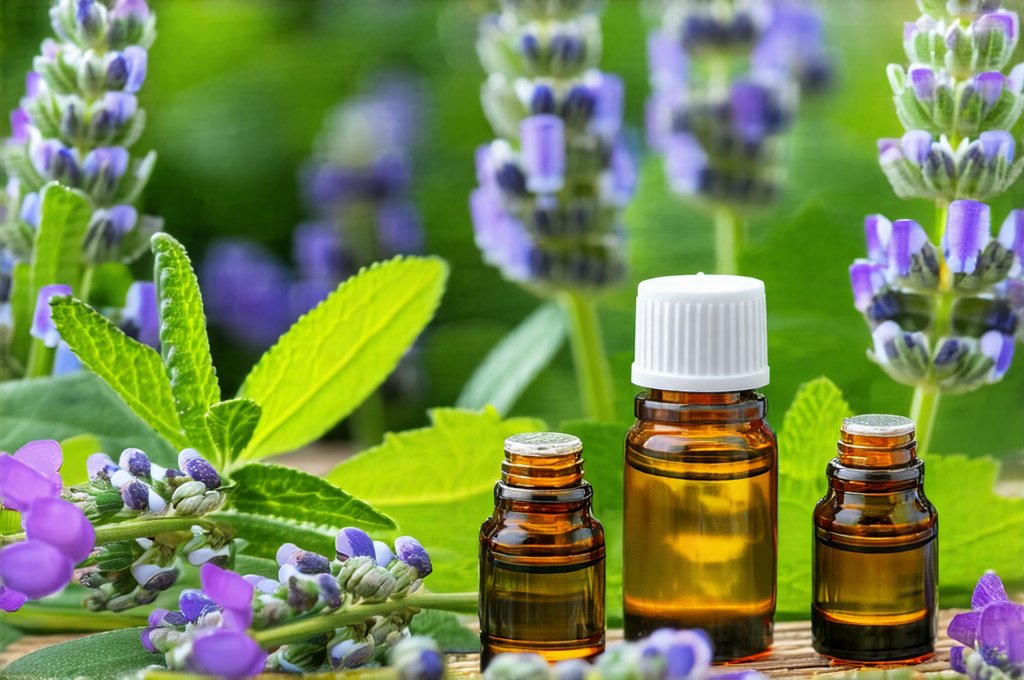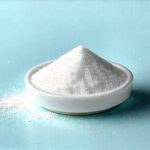Gastroesophageal reflux disease (GERD), commonly experienced as heartburn, is a chronic digestive disorder impacting millions worldwide. It occurs when stomach acid frequently flows back into the esophagus – the tube connecting your mouth to your stomach. While many manage GERD with lifestyle adjustments and over-the-counter or prescription medications, there’s growing interest in complementary therapies, including essential oils. This exploration isn’t about replacing conventional treatments but rather investigating if these aromatic compounds can play a supportive role in managing some of the discomfort associated with GERD symptoms when used responsibly and cautiously. It’s crucial to understand that essential oils are not cures for GERD, and self-treating without consulting a healthcare professional is strongly discouraged.
The appeal of essential oils stems from their historical use in traditional medicine systems and their increasingly popular role in holistic wellness practices. Many believe specific oils possess properties—anti-inflammatory, antispasmodic, calming—that could potentially alleviate some GERD symptoms or address contributing factors like stress and anxiety which can exacerbate digestive issues. However, it’s vital to approach this topic with a critical eye, recognizing the limited scientific research specifically focused on essential oils for GERD and acknowledging that individual responses can vary significantly. This article will delve into what’s currently known about using essential oils in relation to GERD management, emphasizing safety precautions and responsible usage guidelines.
Understanding Essential Oils & Their Potential Role in Digestive Health
Essential oils are highly concentrated plant extracts obtained through various methods like steam distillation or cold pressing. They contain volatile aromatic compounds that give plants their characteristic scents. These compounds are believed to interact with the body on multiple levels, potentially influencing physiological processes. When considering essential oil use for digestive health—and GERD specifically—it’s important to differentiate between topical application, aromatherapy (inhalation), and internal ingestion. Internal ingestion of essential oils is generally not recommended without the direct supervision of a qualified aromatherapist or healthcare professional due to potential toxicity and interactions with medications. The vast majority of applications relating to digestive support focus on topical use and aromatherapy.
The connection between scent and digestion isn’t new. Consider how the aroma of food can stimulate appetite and prepare the digestive system. Aromatherapy aims to harness this principle, using specific scents to potentially soothe digestive discomfort or calm the nervous system – a key factor in managing stress-related GERD symptoms. Certain essential oils are thought to have properties that could be beneficial: for example, chamomile is known for its calming effects, while ginger has historically been used to aid digestion and reduce nausea. However, it’s crucial to remember that these potential benefits haven’t been definitively proven in robust clinical trials related to GERD.
The digestive system is intricately linked with the nervous system—often referred to as the gut-brain axis. Stress and anxiety can significantly impact digestive function, leading to increased acid production or impaired motility (the movement of food through the digestive tract). Essential oils like lavender and frankincense are frequently used in aromatherapy to promote relaxation and reduce stress levels, potentially indirectly easing GERD symptoms triggered by psychological factors. It’s a complex interplay, and essential oils aren’t a quick fix but may be part of a broader holistic approach that includes dietary changes, stress management techniques, and conventional medical care. You might also consider how gut health help with autoimmune recovery could play a role in overall wellbeing.
Essential Oils for Symptom Management – A Closer Look
Several essential oils have garnered attention for their potential to address specific GERD symptoms or related issues. Peppermint oil, for instance, contains menthol, which has antispasmodic properties. It may help relax the esophageal sphincter (the muscle that prevents stomach acid from flowing back up) and reduce abdominal cramping. However, peppermint can also relax the lower esophageal sphincter, potentially worsening reflux in some individuals – making it a double-edged sword. Careful observation of your body’s response is critical when using peppermint oil.
Ginger essential oil is another popular choice due to ginger’s well-established reputation for aiding digestion and reducing nausea. It can be used topically (diluted in a carrier oil) on the abdomen, or diffused aromatically. Chamomile and lavender oils are valued for their calming properties. They’re often incorporated into aromatherapy blends aimed at reducing stress and anxiety, which as mentioned earlier, can exacerbate GERD symptoms. It is important to note that these oils aren’t meant to neutralize stomach acid; rather they aim to address the associated discomfort or contributing factors. If dietary changes are also being made, can blended diets help gut repair might be worth exploring.
When using essential oils topically, dilution is paramount. Essential oils are highly concentrated and should never be applied directly to the skin undiluted. Carrier oils—like coconut oil, jojoba oil, or sweet almond oil—are used to dilute them, reducing the risk of irritation or sensitization. A general guideline is 1-3% dilution (e.g., 1-3 drops of essential oil per teaspoon of carrier oil), but individual sensitivity can vary. Always perform a patch test on a small area of skin before widespread application. Aromatherapy methods include using a diffuser, adding a few drops to a warm bath, or inhaling from the bottle (briefly and cautiously). A focus on diet could also be helpful; can low acid diets help with food intolerance may provide additional relief for some.
Safety Precautions & Considerations
Essential oils are potent substances and require responsible usage. Individuals with pre-existing medical conditions, including GERD, should consult with their healthcare provider before incorporating essential oils into their wellness routine. Certain essential oils can interact with medications, so it’s crucial to discuss potential interactions with your doctor or pharmacist. For example, some oils may affect blood clotting or blood pressure.
Pregnant or breastfeeding women should also exercise caution and avoid using certain essential oils altogether. Children and pets are more sensitive to essential oils than adults, requiring even greater dilution and careful selection of appropriate oils. Avoid internal ingestion of essential oils unless specifically directed by a qualified professional. Even then, it’s generally not recommended due to the risk of toxicity.
Allergic reactions to essential oils are possible. Symptoms can range from mild skin irritation to more severe reactions like hives or difficulty breathing. If you experience any adverse reaction, discontinue use immediately and seek medical attention. It’s crucial to purchase high-quality, 100% pure essential oils from reputable sources. Adulterated or synthetic oils may contain harmful additives that can exacerbate health problems. Store essential oils in dark glass bottles away from heat and light to preserve their potency and stability. Can fasting help reset digestive function is another avenue to explore for improved gut health.
In conclusion, while essential oils may offer supportive benefits for managing some aspects of GERD symptoms – particularly stress reduction and digestive comfort – they are not a replacement for conventional medical treatment. Responsible usage, careful dilution, consultation with healthcare professionals, and awareness of potential interactions are crucial. The research on essential oils specifically for GERD is still limited, so it’s important to approach this topic with realistic expectations and prioritize safety above all else. Taking steps toward better gut health may also mean considering can minimal cooking help sensitive guts. Finally, understanding can hydration help ease bloating is a simple step towards better digestive comfort.


















